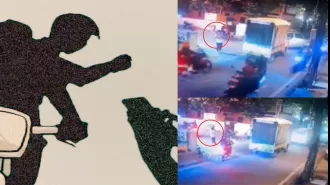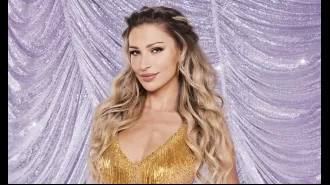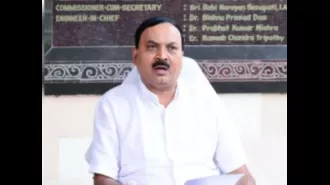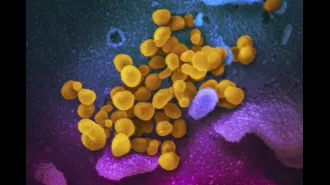Woman and friend's conversation crushed me.
Is it fair to blame older people for using offensive language, when a teen recently used a derogatory term towards his friend?
October 15th 2024.
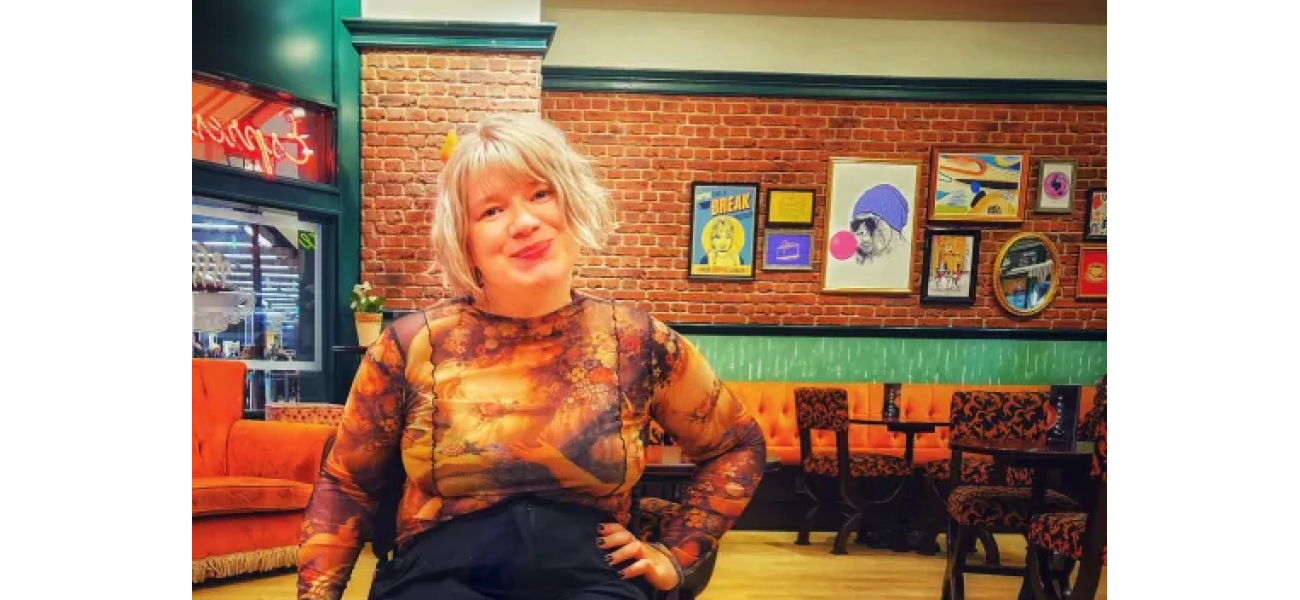
The sound of that word always hits me like a punch in the gut. It was just a few weeks ago when I was rushing to meet a friend for coffee and heard a woman on the street yell it to her friend. It felt like the ground disappeared beneath me in that moment. By the time I could process what was said, they had already disappeared into the crowd.
I felt sick to my stomach, not just because the word was yelled loudly in a busy street, but because it was said so casually, as if it was a normal part of everyday conversation. It was like they had said it a thousand times before without a second thought. And that's what made it even worse - the realization that we as a society have normalized something so hurtful and dehumanizing.
I have been surrounded by words like that my whole life. Words that cut deep and make me feel like I am somehow damaged. Words that imply that I am less than others. They have echoed through playgrounds and nightclubs, and have even been woven into old TV shows. Every time I hear it, my already thick skin thickens even more.
In primary school, I was called those words and each time felt like a physical blow. I knew it was wrong, but I didn't have the words to explain why. As I got older, I heard those same words being used in social situations with friends. And every time, I was told off for being too sensitive, or that I just didn't understand. But the truth is, I did understand. I understood too well the pain and hurt those words caused.
Unfortunately, I have seen the use of that word becoming more frequent recently. It's a reminder that ignorance and discrimination still exist in our society. I have heard it being used more on the street and even in online discussions. And when I question why, the answer is usually that the person wanted to insult or they simply didn't understand the history behind it.
It's like we have stopped seeing each other as human beings and have instead adopted an attitude that dismisses the experiences of those who have been stigmatized and marginalized. It doesn't matter that it makes me physically sick or that it chips away at my self-esteem. It's just language, right? Who cares if it hurts someone's feelings or hits on their most personal nerve?
Part of me wishes that when I heard that woman use that word, I had said something. I wish I could have shared my personal experiences and made her really think about the impact of her words. But in that moment, my practiced response was to swallow my hurt and continue on.
I was hopeful that the use of that word was becoming a thing of the past. That it was slowly dying out and we were moving towards a more accepting and understanding society. But the truth is, it's still very much a problem. Just last month, I heard a teenage boy use it casually with his friends. And it made me wonder, if I hadn't been there, would he have thought it was okay to use that word?
For years, I believed that education was the key and that younger generations were more aware and accepting. But the reality is, we still allow discrimination to thrive. And the way disability is talked about in the media, politics, and even on social media, hasn't really changed. Our existence is still seen as something to be ridiculed.
As disabled individuals, we constantly have to justify our humanity and have conversations that should be simple and straightforward, but are often ignored. It's an exhausting cycle of pain and education, and I worry that it will never end. We need a permanent change and we need it now because for us, it's always personal.
Do you have a similar experience you'd like to share? I would love to hear from you. Share your story by emailing me at jess.email. Let's continue this conversation in the comments below.
I felt sick to my stomach, not just because the word was yelled loudly in a busy street, but because it was said so casually, as if it was a normal part of everyday conversation. It was like they had said it a thousand times before without a second thought. And that's what made it even worse - the realization that we as a society have normalized something so hurtful and dehumanizing.
I have been surrounded by words like that my whole life. Words that cut deep and make me feel like I am somehow damaged. Words that imply that I am less than others. They have echoed through playgrounds and nightclubs, and have even been woven into old TV shows. Every time I hear it, my already thick skin thickens even more.
In primary school, I was called those words and each time felt like a physical blow. I knew it was wrong, but I didn't have the words to explain why. As I got older, I heard those same words being used in social situations with friends. And every time, I was told off for being too sensitive, or that I just didn't understand. But the truth is, I did understand. I understood too well the pain and hurt those words caused.
Unfortunately, I have seen the use of that word becoming more frequent recently. It's a reminder that ignorance and discrimination still exist in our society. I have heard it being used more on the street and even in online discussions. And when I question why, the answer is usually that the person wanted to insult or they simply didn't understand the history behind it.
It's like we have stopped seeing each other as human beings and have instead adopted an attitude that dismisses the experiences of those who have been stigmatized and marginalized. It doesn't matter that it makes me physically sick or that it chips away at my self-esteem. It's just language, right? Who cares if it hurts someone's feelings or hits on their most personal nerve?
Part of me wishes that when I heard that woman use that word, I had said something. I wish I could have shared my personal experiences and made her really think about the impact of her words. But in that moment, my practiced response was to swallow my hurt and continue on.
I was hopeful that the use of that word was becoming a thing of the past. That it was slowly dying out and we were moving towards a more accepting and understanding society. But the truth is, it's still very much a problem. Just last month, I heard a teenage boy use it casually with his friends. And it made me wonder, if I hadn't been there, would he have thought it was okay to use that word?
For years, I believed that education was the key and that younger generations were more aware and accepting. But the reality is, we still allow discrimination to thrive. And the way disability is talked about in the media, politics, and even on social media, hasn't really changed. Our existence is still seen as something to be ridiculed.
As disabled individuals, we constantly have to justify our humanity and have conversations that should be simple and straightforward, but are often ignored. It's an exhausting cycle of pain and education, and I worry that it will never end. We need a permanent change and we need it now because for us, it's always personal.
Do you have a similar experience you'd like to share? I would love to hear from you. Share your story by emailing me at jess.email. Let's continue this conversation in the comments below.
[This article has been trending online recently and has been generated with AI. Your feed is customized.]
[Generative AI is experimental.]
0
0
Submit Comment

